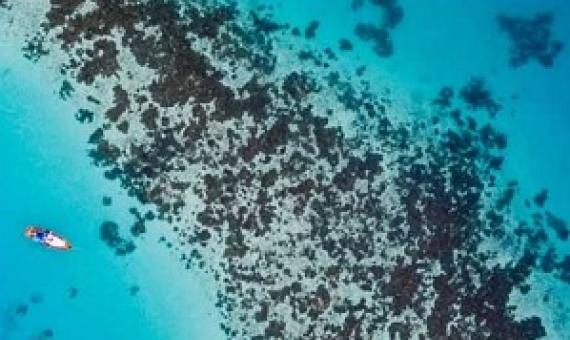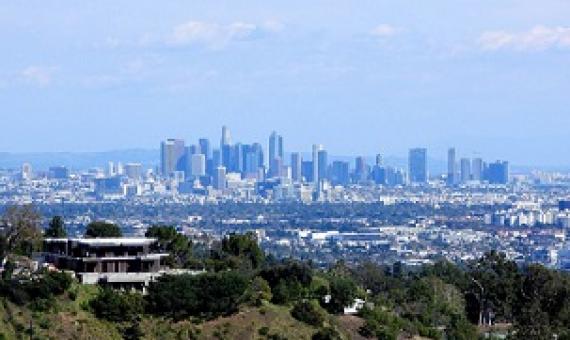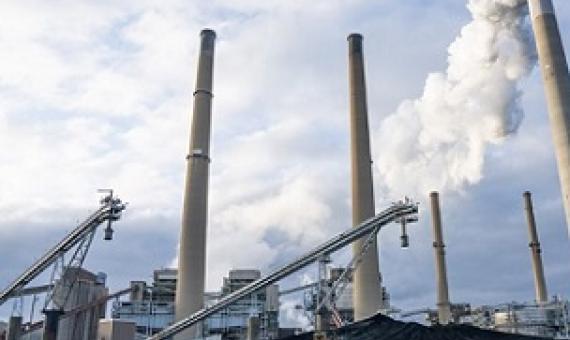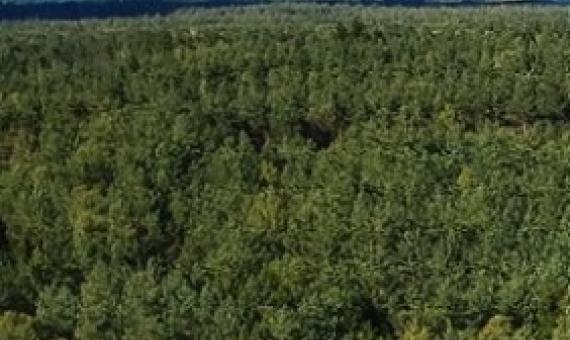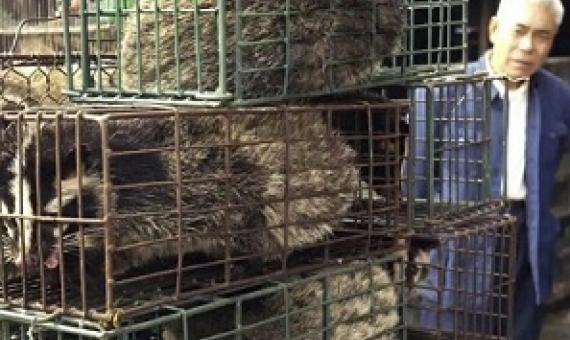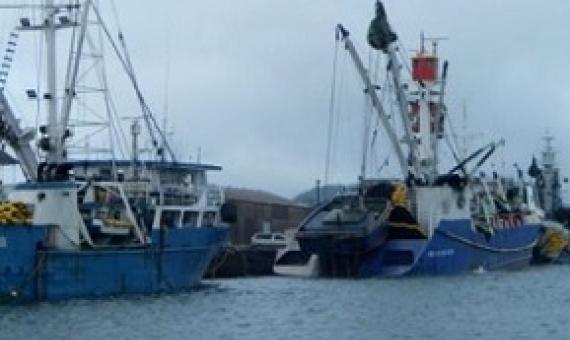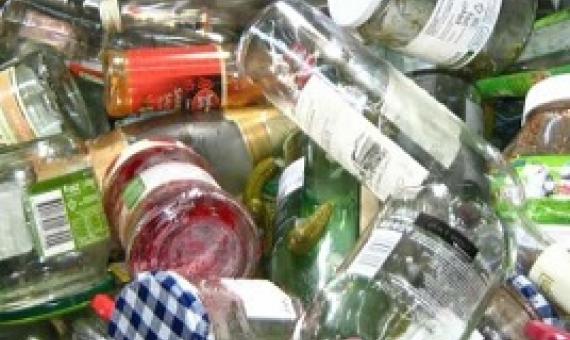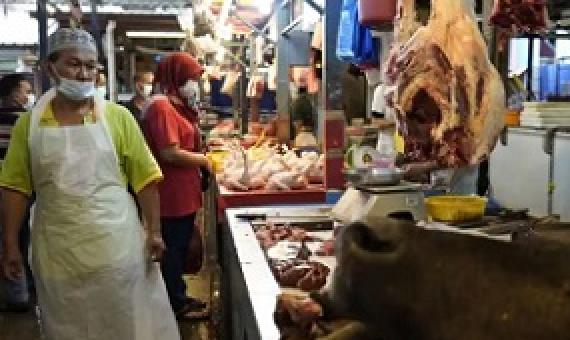The world is figuring out how to move forward in the face of the COVID-19 pandemic by finding newer ways to support economic development, animal and human well being, and ecosystem integrity.
Since millions of Californians began staying at home and off the roads in March, air quality in the Golden State has visibly improved. Once life returns to normal, however, air pollution levels are likely to return to their prepandemic levels.
With consents for building projects set to be fast-tracked, some are worried it will put too much power in the hands of the ministers and block the voices of iwi and environmental protesters...As a result one of Labour's governing partners, the Greens, will only commit support for the legislation
We invite you to join our free webinar series on island strategies for the future.
The US Environmental Protection Agency (EPA) turns 50 this year, but scientists and environmentalists see little reason to celebrate.
There is a single species that is responsible for the COVID-19 pandemic - us.
The vast illegal wildlife trade and humanity’s excessive intrusion into nature is to blame for the coronavirus pandemic, according to a leading US scientist who says “this is not nature’s revenge, we did it to ourselves”.
The importance of tuna in the Western and Central Pacific Ocean (WCPO) cannot be underestimated. Approximately 60 percent of the raw material for the global tuna canning market comes from the WCPO.
We've already seen the Trump Administration use COVID-19 as an excuse to stop enforcing environmental laws and there is little question that the pandemic that has all of us under lockdown has driven most other policy issues off of the agenda.
The coronavirus pandemic is likely to be followed by even more deadly and destructive disease outbreaks unless their root cause – the rampant destruction of the natural world – is rapidly halted, the world’s leading biodiversity experts have warned.

